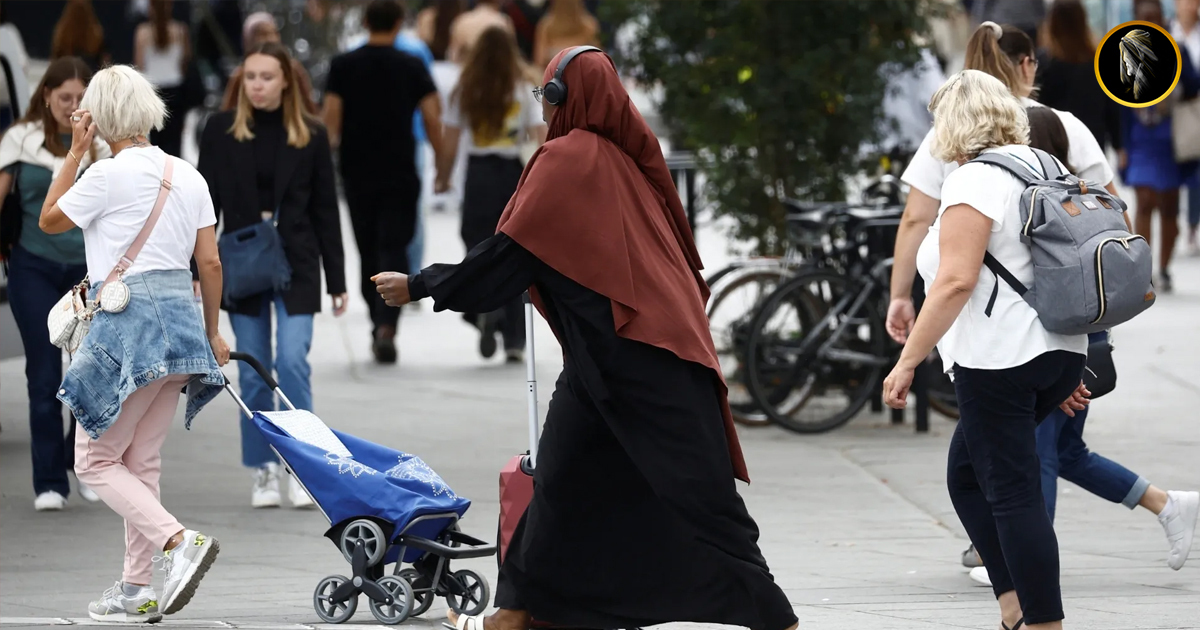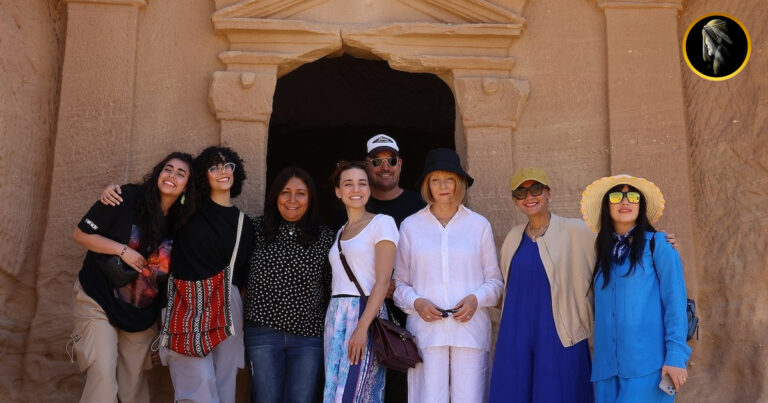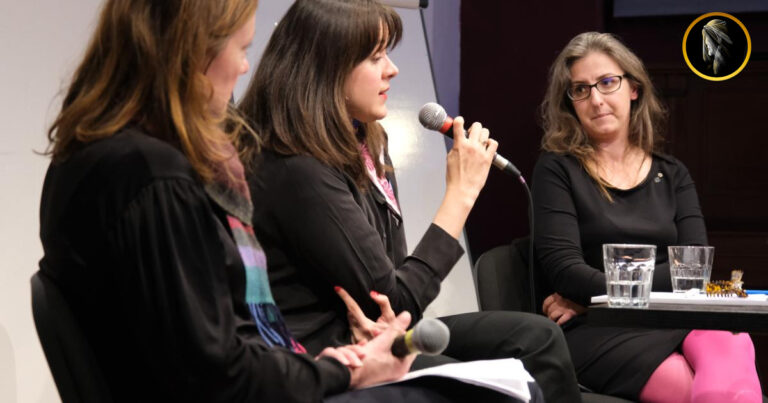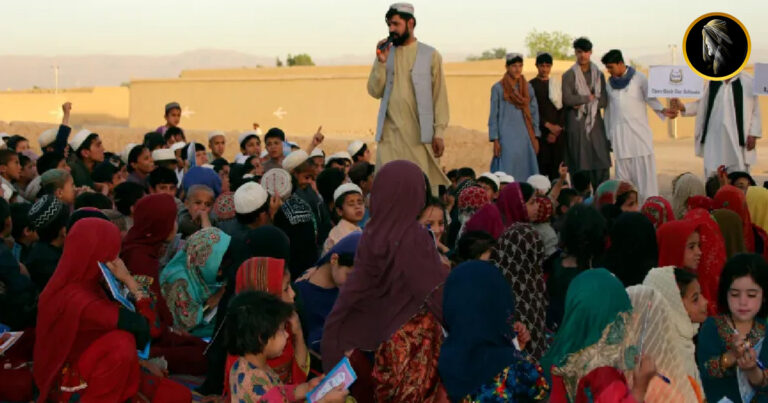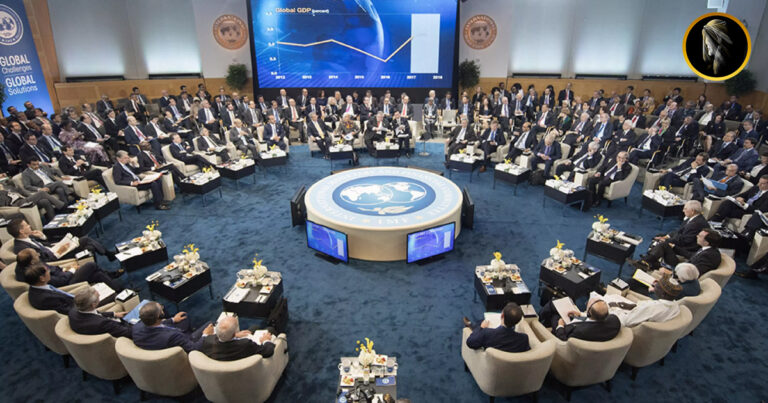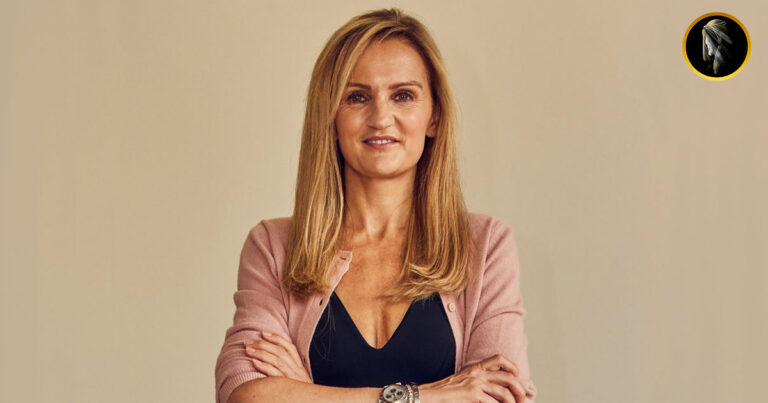The ban on the abaya in public schools in France has indeed sparked controversy and raised questions about the country’s approach to secularism and religious expression.
France has a longstanding policy of secularism, or laïcité, which aims to keep religion separate from the state. This policy has led to various restrictions on religious symbols in public spaces, such as the ban on the wearing of conspicuous religious symbols, including the hijab, in public schools since 2004.
The ban on the abaya is seen by some as an extension of these secularism laws. However, it has also been criticized as potentially discriminatory and targeting Muslim women specifically. Critics argue that it infringes upon individual religious freedoms and choices.
The debate surrounding this decision involves discussions about the balance between secularism, religious freedom, and individual choice. It raises questions about the limits of state intervention in matters of religious expression and personal attire.
In this context, Rokhaya Diallo, a French journalist and filmmaker, can provide valuable insights into the reasons behind the ban and its consequences, as well as the broader issues of discrimination and secularism in France. The discussion can shed light on the complexities of the situation and the challenges of reconciling religious freedom with the principles of secularism in a diverse society.



